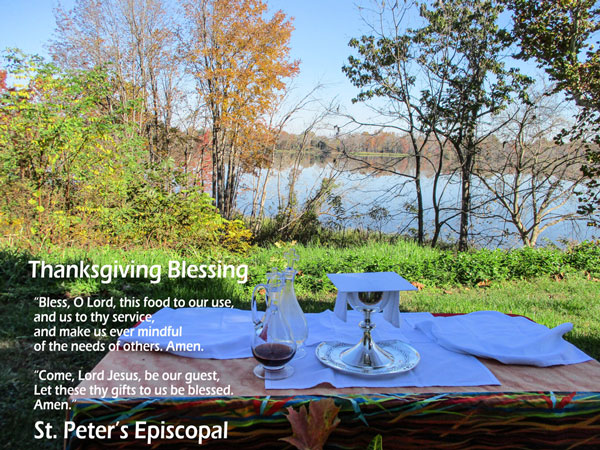I. Theme – Christ’s kingdom is one of truth and justice and not grounded in this world’s values of imperialism, coercion, violence, and oppression.

"Christ the King" – Hans Memling (1430-1494)
"Jesus answered, "My kingdom is not from this world. If my kingdom were from this world, my followers would be fighting to keep me from being handed over to the Jews. But as it is, my kingdom is not from here." Pilate asked him, ‘So you are a king?’ Jesus answered, ‘You say that I am a king. For this I was born, and for this I came into the world, to testify to the truth. Everyone who belongs to the truth listens to my voice."" – John 18:36-37
The lectionary readings are here or individually:
Old Testament – Daniel 7:9-10, 13-14
Psalm – Psalm 93
Epistle –Revelation 1:4b-8
Gospel – John 18:33-37
Today’s readings celebrate the paradoxical kingship of Jesus Christ. What does "Christ the King" mean"?
In Daniel and in Psalm 93, the Reign of God is depicted as glorious and authoritative, but also as being manifest through a person who is “like a son of man”. In Revelation this one is seen as Jesus, who is revealed in glory and honor, and whose sacrifice is seen as the primary act in bringing God’s Reign into the world. Finally, in the encounter between Jesus and Pilate, the difference between human rulership and God’s Reign is starkly shown, as Jesus explains that he claims no human kingship, but is the king of a realm that is not of this world. It is a kingdom of truth and justice though not of "this world."
The challenge of this week’s celebration is to avoid triumphalism. We are not to make God’s Reign out to be the same as human power systems, only stronger, more dominant, and longer lasting. Rather, we are to recognise God’s Reign in acts of compassion and justice, in service and sacrifice, and in the challenge to human systems to give up their obsession with war and conquest in order to build a world of peace and love for all.
On this day, we celebrate God’s reign, kingdom, or community of faith, that endures forever, beyond time and beyond this world, beyond life and death. It is tempting to view Christ’s Reign as a conquering, all-powerful, phenomenon that will violently destroy human power systems, but that would be to misunderstand it. Rather, what the Lectionary reveals is a Reign that is not of this world, that is a completely different reality, and that works within human systems, even as it subverts them toward justice, peace and love
We know that we can glimpse something of this reign here on earth, but whatever vision we have is incomplete. What we do know for certain is this: we have a role to play. We are important. We are treasured by God. And God wants us to be part of this, whatever it is, that is beyond our understanding. Following God’s ways of love, justice, and peace, we will surely be on the path to this kingdom—as Jesus told the scribe who asked him about the greatest commandments, “You are not far from the kingdom of God.”
Our quest for the kingship of Christ in this world must begin by looking within ourselves. Does Christ reign over our lives and the conduct of our days? Or do we panic at every surprise, cling to false securities, dread change and worry incessantly about failures and flukes? If so, perhaps we have not enthroned in our hearts the One who cares for us intimately and longs only for our ultimate good. It is easy to point to a world run amuck. It is harder to admit that the tangled roots of systemic evils lie in our inertia or lack of belief.
One of the most poignant lines in today’s readings captures that personal culpability. As John envisions the second coming, “every eye will see him, even those who pierced him; and on his account all the tribes of the earth will wail.” That global lament suggests that Christ our King is present paradoxically in those whom we wound. In the bum we readily dismiss, the mousy secretary, the pompous cleric, the acned adolescent, the whiny child, the crack addict, you guessed it—in them, the King comes.
Facing that sorry lot, we wail: “If only I’d known it was you!” Salvadoran theologian Jon Sobrino poses a challenge relevant to this feast: “The reign of God presupposes the anti-reign of God, the reality of our planet today: poverty, injustice… We should look at the crucified peoples today and ask ourselves, ‘what have we done, so that they are on the cross? …and what are we going to do to bring them down from the cross?’”
May our worship remind us of this eternal, “otherworldly” Reign of God and enable us to open our hearts to receive it right here and now where we live.
Read more









 Last Sunday after Pentecost, Nov. 24, 2024
Last Sunday after Pentecost, Nov. 24, 2024